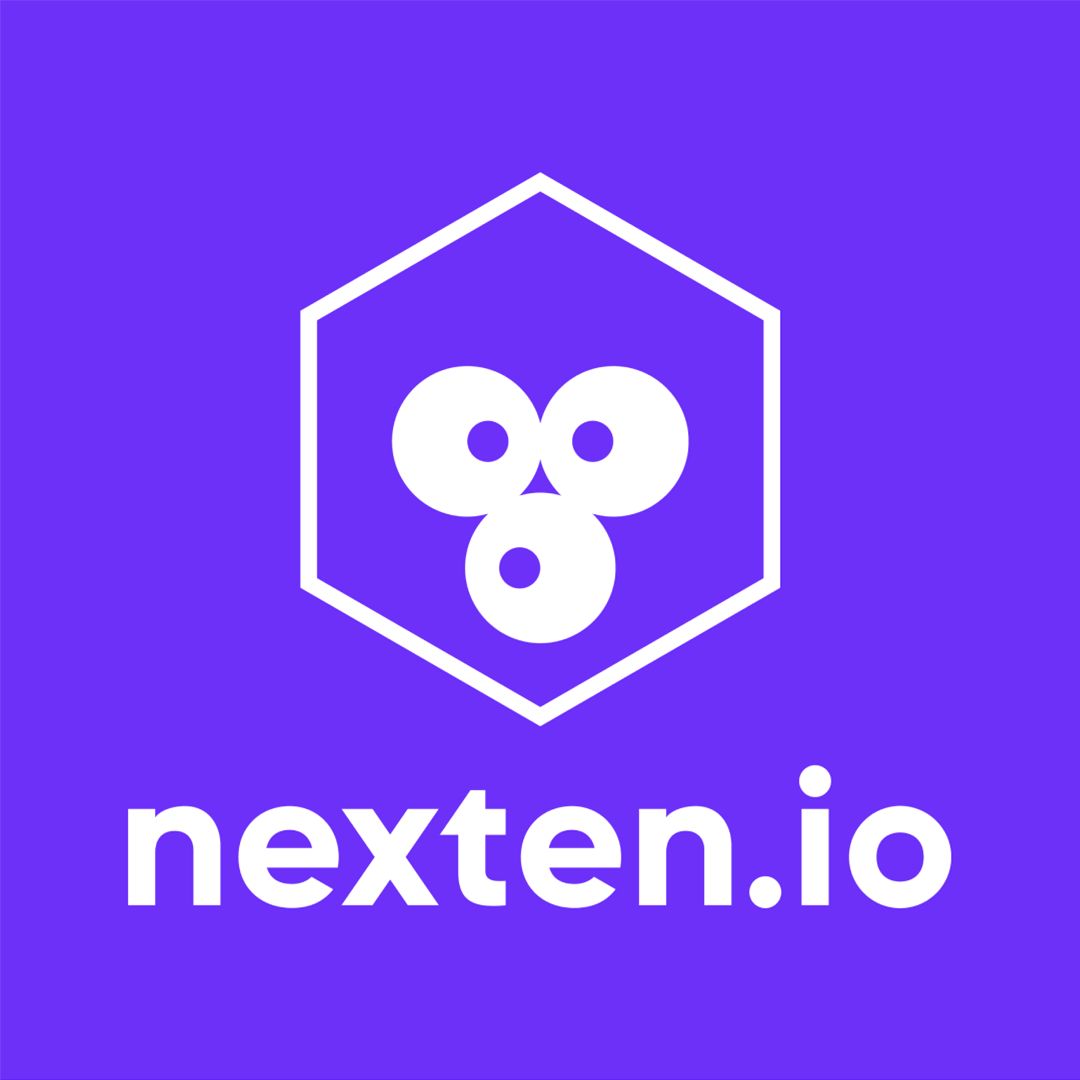690 reads
Start with a Technical Interview.
by
January 11th, 2019

A job-matching platform that connects devs & tech experts with CTOs & team leads from the best tech companies in Europe.
About Author
A job-matching platform that connects devs & tech experts with CTOs & team leads from the best tech companies in Europe.
